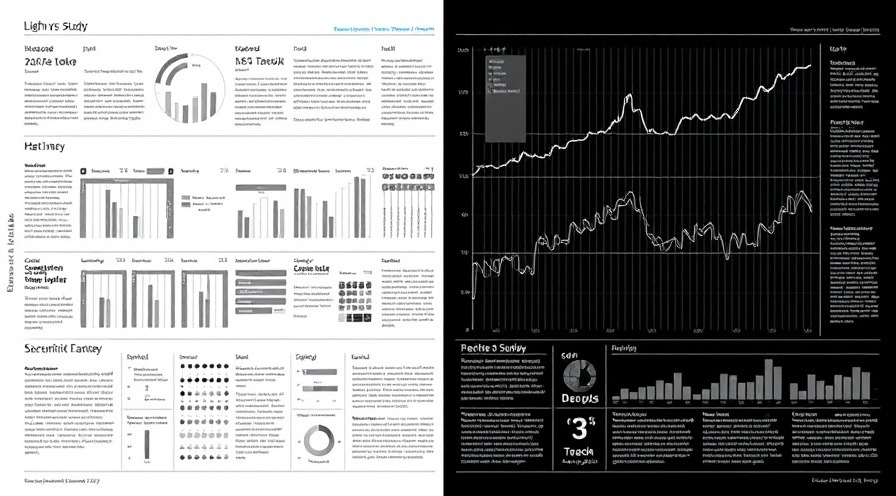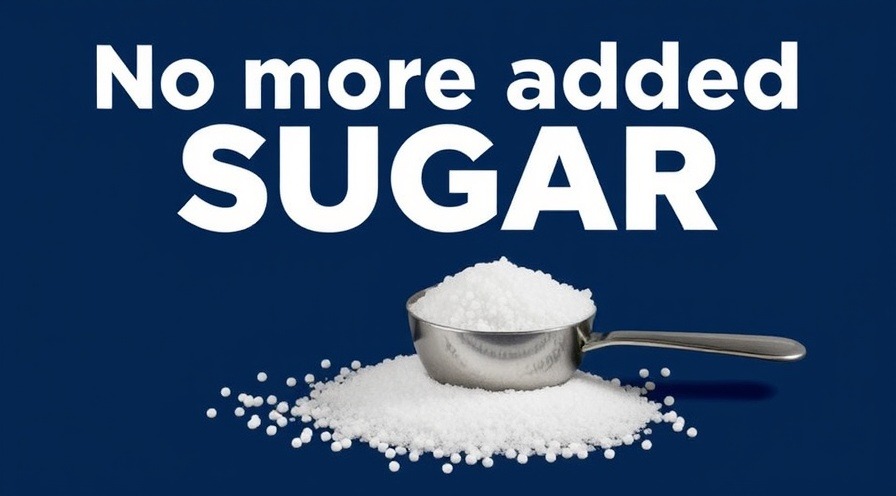
How Light Exposure Influences Longevity
Recent research has startlingly revealed that the timing of light exposure can significantly affect our health and longevity. A study involving over 88,000 patients monitored over eight years has drawn a compelling conclusion: the brighter your nights and the darker your days, the higher your risk of mortality. This expansive research highlights a crucial link between our daily light exposure habits and our overall well-being.
In 'Darker Days and Brighter Nights Increase Mortality', the discussion dives into the significant impacts of light exposure on health, prompting a deeper analysis and understanding of how we can use this knowledge to enhance our well-being.
The Benefits of Daylight
The study found that individuals who enjoyed ample exposure to natural light during the day—especially before 9 AM—had lower mortality rates. Getting outside and soaking in sunlight not only boosts your mood but seems to facilitate healthier life choices long-term. So, those early morning strolls or jogs can do more than stretch your legs; they potentially extend your life.
The Drawbacks of Nighttime Light
Conversely, it appears that excessive light exposure after sunset can pose serious health risks. Participants who received significant light exposure in the evenings, particularly after 9 PM, had drastically higher mortality rates. In fact, those exposed to light throughout the night showed an increased risk of premature death, suggesting that our bodies thrive when we align our light intake with natural circadian rhythms.
Practical Tips for Healthier Living
So, with this information in mind, how can we adjust our lifestyles? Firstly, aim to get outside during daylight hours whenever possible. This means taking walks, exercising, or even just enjoying a cup of coffee in the sun. Secondly, after 9 PM, consider reducing light exposure in your home. This could be as simple as turning off bright overhead lights and switching to softer lamps or candles. Also, consider using blackout curtains or eye masks to prevent light pollution while you sleep.
The Bigger Picture of Health and Wellness
Exploring this study, we understand that our environment significantly impacts our health. By making slight changes to our daily routines, like maximizing daylight exposure and moderating artificial light at night, we can encourage longer, healthier lives. It’s empowering to know that simple choices can lead to profound effects on our well-being.
Staying informed about our health and well-being is crucial. Consider how you can implement these findings into your daily routine. If prioritizing health and longevity interests you, now is the time to take actionable steps towards brighter days and restful nights. Let's embrace the relationship between light and health!
 Add Row
Add Row  Add
Add 




 Add Row
Add Row  Add
Add 

Write A Comment